Dexpoten | Syrup | 100 ml | 1 pcs
৳ 80.00
Brand Name: Dexpoten Syrup
Generic: Dextromethorphan + Pseudoephedrine + Triprolidine
(10 mg+30 mg+1.25 mg)/5 ml
Manufacturer: Eskayef Bangladesh Ltd.
100 ml bottle: ৳ 80.00
Composition
Each 5 ml syrup contains-
- Dextromethorphan Hydrobromide 10 mg
- Pseudoephedrine Hydrochloride 30 mg
- Triprolidine Hydrochloride 1.25 mg
Indications
Therapeutic Class
Pharmacology
Dextromethorphan, a centrally-acting antitussive agent, depresses the medullary cough center through sigma receptor stimulation, resulting to decreased sensitivity of cough receptors and interruption of cough impulse transmission.
Pseudoephedrine is both an α-and β-adrenergic receptor agonist. It causes vasoconstriction via direct stimulation of α-adrenergic receptors of the respiratory mucosa. It also directly stimulates β-adrenergic receptors causing bronchial relaxation, increased heart rate and contractility.
Triprolidine binds to the histamine H1 receptor. This block the action of endogenous histamine, which subsequently leads to temporary relief of the negative symptoms brought on by histamine.
Dosage & Administration
Adults: 2 tea-spoon three times daily
Children:
- Over 12 years: 2 tea-spoon three times daily.
- 6 to 12 years: 1 tea-spoon three times daily.
- 2 to 5 years: 1/2 tea-spoon three times daily.
- 6 months to 2 years: 1/4 tea-spoon three times daily or on advice of a physician only.
Interaction
Contraindications
Side Effects
Pregnancy & Lactation
Precautions & Warnings
This combination may cause drowsiness and impair performance in tests of auditory vigilance. It may also impair the patients ability to drive and also to use machineries. Although there are no objective data, users of this syrup should avoid the concomitant use of alcohol nor other centrally acting sedatives.
Although pseudoephedrine has virtually no blood pressure effect in patients with normal blood pressure, this combination should be used with caution in patients taking antihypertensive agents, tricyclic antidepressants or other sympathomimetic agents such as decongestant, appetite suppressants and amphetamine like psychostimulants. As with other sympathomimetic agents caution should be exercised in patients with hypertension, heart disease, diabetes, hyperthyroidism, elevated intraocular pressure and prostatic enlargement.
This combination should not be used for persistent or chronic cough such as occurs with smoking, asthma, or emphysema or where cough is accompanied by excessive secretions unless directed by a physician.
Storage Conditions
| Generic Name | Dextromethorphan + Pseudoephedrine + Triprolidine |
|---|---|
| bottle | 100 ml |
Only logged in customers who have purchased this product may leave a review.


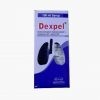

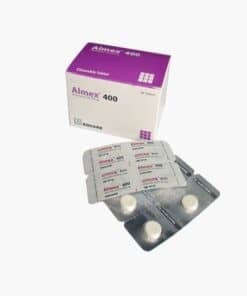
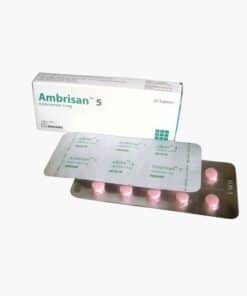
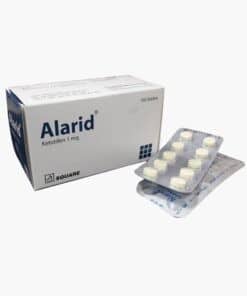
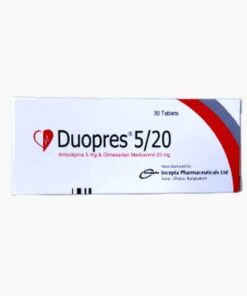

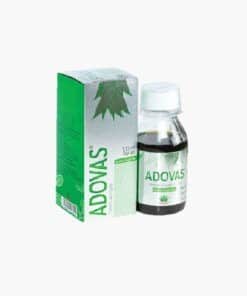
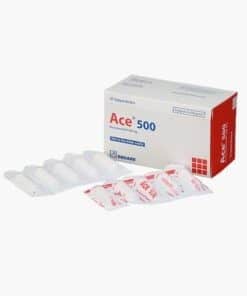
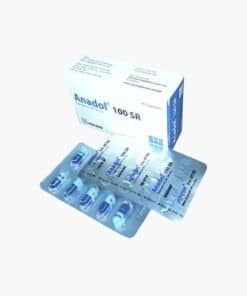
Reviews
There are no reviews yet.